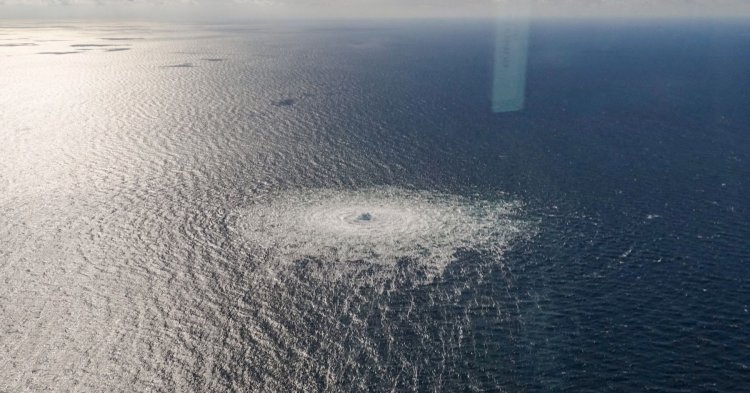Methane from Nord Stream leakages may threaten ecosystem: Research

Stockholm: More than two months after the first Nord Stream gas leak was reported, methane levels are still elevated and may pose a threat to the ecosystem, researchers at a Swedish university said.
Research has shown that "a significant part of the methane gas that leaked from the pipelines on the bottom of the Baltic Sea did not rise into the atmosphere. Instead, it dissolved in the water and spread with the currents," the University of Gothenburg said in a statement on Sunday.
"During the first two weeks, we saw extremely high levels of methane, almost too high for our sensors to measure and probably up to a hundred times higher than normal. Only now are we seeing a decrease back to normal levels, and even yet, we still sometimes see patches of very high methane," said Bastien Queste, an oceanographer at the university.
The research was done in cooperation with the Swedish marine research foundation Voice of the Ocean. Researchers deployed underwater robots to make continuous measurements and the data was sent to researchers through satellite, Xinhua news agency reported.
"That large amounts of methane dissolved in the water will probably affect marine life," Thomas Dahlgren, a marine biologist at the university's Department of Marine Sciences, said.
His theory is that the rapid decline of methane is due to it being digested by bacteria, something that would lead to overfertilisation and ocean acidification.
"That is what happened after a similar leak in the Gulf of Mexico in 2010," Dahlgren added.
The pipelines contained around 778 million cubic metre of methane when the pipelines were damaged, reported the Danish Energy Agency.















































